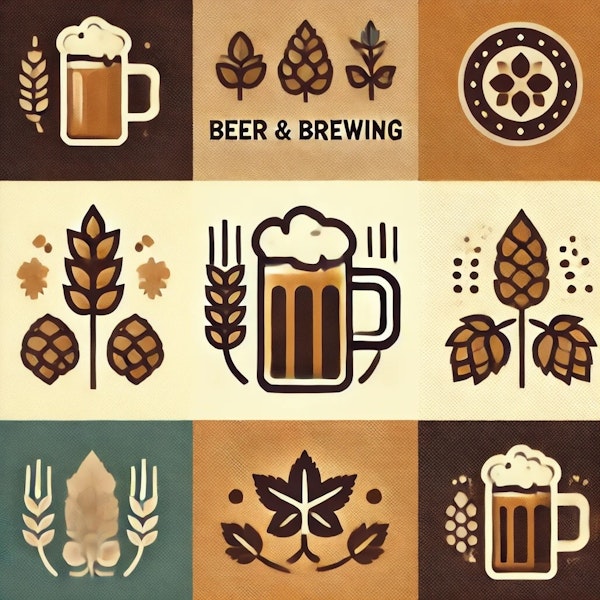
In this final installment of MYB, Josh Weikert outlines the keys to brewing any and every beer style well.
Josh Weikert—contributing editor and columnist for Craft Beer and Brewing Magazine®, the author of the Beer: Simple blog, and a BJCP Grand Master—offers some of his top picks and beer experiences from the past year.
Suffice to say, the beers in the experimental style (like this one) get a little weird. Not only are there no limits or guidelines, if there were, the beer wouldn’t be entered in this style. Swing for the fences.
The beer you get from this recipe will seem like a lighter, brighter pale ale with a flavor that is probably pretty clean and fruity. Over time it might develop those barnyard “Brett” flavors, but they should complement the peach/pineapple flavors nicely.
The style is a place for beers that represent a “harmonious marriage of sugar and beer,” in which the base style is recognizable but to which we add a noticeable flavor addition from an adjunct sugar product.
Some specialty categories seem frivolous or unnecessary, but that doesn’t mean you can’t find uses for them in particular circumstances. So it was with my Light Altbier, and the resulting beer is a fun year-round lighter-bodied but fully-flavored option.
Replicating a beer is a different skill set (though it does overlap), but don’t worry too much about making an identical twin – making a great sibling is more than good enough, and who knows, you might even improve upon a classic!
This is an "Americanized" version of an existing style in the colonial sense – brewed using what was available in early America – rather than in the “extreme” sense, as we see with many other styles.
Alternative grain beers don’t need to be excessively complicated or weird to be successful – this recipe (and others in the category) show how base grains can make a significant difference in flavor and improve upon the standard barley-based approaches.
Once you get the process down for your system and palate, you can play around with the amount and type of coffee involved, and you should also start playing around with the styles of coffee beer you brew!